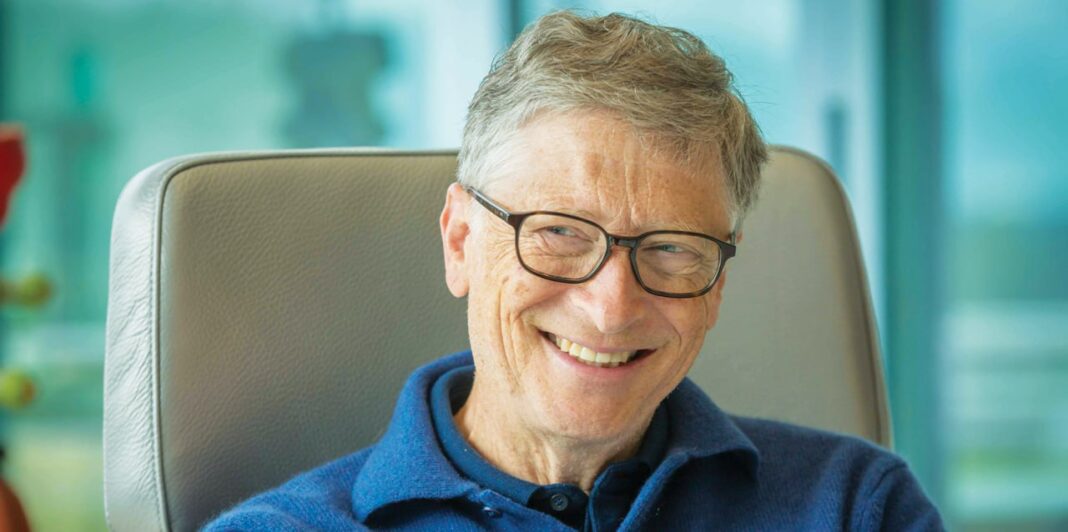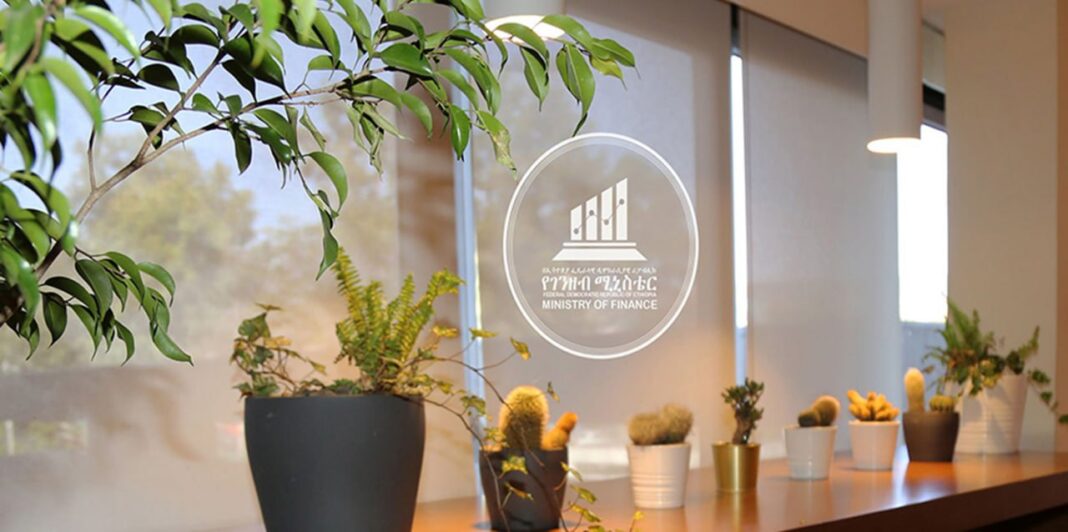Bill Gates, co-chair of the Bill & Melinda Gates Foundation, has arrived in Ethiopia for a visit aimed at reconnecting with partners and grantees working to tackle pressing health challenges and create economic opportunities for the Ethiopian people. This marks Gates’ first trip to Ethiopia since the pandemic, and he is eager to discuss strategies for sustainable development in the country.
In an exclusive interview with Capital, Gates emphasized the foundation’s long-standing commitment to Ethiopia, which has been a key focus of their efforts for over two decades. “Our mission is to help ensure that every person has the opportunity to lead a healthy, productive life by ending preventable disease, poverty, and inequality,” Gates stated. He highlighted the foundation’s establishment of a permanent office in Ethiopia in 2012, which has facilitated strong partnerships with local communities and both the private and public sectors.
Gates acknowledged the significant challenges Ethiopia has faced in recent years, including the impacts of COVID-19, conflict, drought, locust invasions, and flooding. “These shocks have disrupted Ethiopia’s progress,” he noted, stressing the importance of assessing how to move forward and accelerate advancements in health, agriculture, and financial inclusion.
Despite the setbacks, Gates remains optimistic about Ethiopia’s potential for recovery and growth. He pointed out that the country has previously made remarkable strides in improving health outcomes and increasing incomes. “Getting back on track won’t be easy, but there’s an abundance of talent here,” he said, emphasizing the need for resilience and creativity.
The Gates Foundation is committed to supporting Ethiopian leaders and innovators in addressing the needs of the most vulnerable populations, including women and children. Gates also highlighted the importance of international funding for global health initiatives, expressing concern over the decline in overseas development assistance (ODA) as many countries reduce their contributions. He urged the global community to allocate sufficient resources to support health efforts in Ethiopia.
Climate change is another pressing issue for Ethiopia, particularly in relation to agricultural adaptation. Gates praised the country’s Green Legacy initiative and its reliance on renewable energy, stating, “Ethiopia’s commitment to sustainable development and environmental stewardship is commendable.” He noted the foundation’s investment in climate-smart agricultural solutions, such as drought-resistant seed varieties, to help farmers adapt to the changing climate.
As the foundation expands its presence in Africa with new offices in Kenya and Senegal, Gates reaffirmed the organization’s dedication to deepening its engagement with local communities. He acknowledged the impact of Melinda Gates’ departure from the foundation but assured that the commitment to gender equality and women’s empowerment would remain a priority.
Gates expressed hope for Ethiopia’s future, emphasizing the foundation’s focus on measuring impact through lives saved and opportunities created. “With sustained investment in the right areas and dedicated partners, Ethiopia can and will forge a healthier, more prosperous future,” he concluded.







